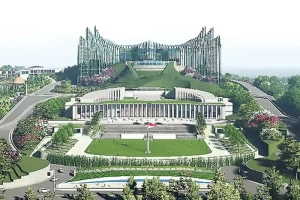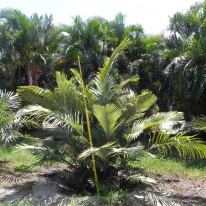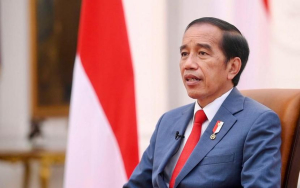Ministry to revoke permits of 18 companies ignoring forest management rights
The Ministry of Forestry has planned to revoke Forest Utilization Business Permit (PBPH) of 18 companies covering an area of 526,144 hectares (ha) for their failure to make maximum use of the forest management rights they have been entitled to.
The decision was made in reference to the results of a limited meeting with President Prabowo Subianto.
Minister of Forestry, Raja Juli Antoni, said that the revocation of PBPH is targeting companies that have ignored forest management rights since they were issued in 1997, 1998, 2006 and 2010. However, this revocation is still awaiting permission from President Prabowo.
He said his office will issue a ministerial regulation as a basis for revoking the permits. The companies are spread across Aceh to Papua. However, he did not specify the identity of those companies.
"There are private parties who have been given permission to utilize the forest but have not maximized it," Raja Juli said on Monday, February 3, 2025.
He said that the land resulting from the revocation of forest management rights would be handed over to state-owned enterprises (SOEs) to be managed by the state through PT Agrinas or the Daya Anagata Nusantara Investment Management Agency (Danantara). Later, permits can be reissued after those plots of land becoming state forests.
"Later it will become a state forest for which we can reissue permits," he said.
Raja Juli stressed, however, that the issuance of the regulation to revoke forest management permits covering hundreds of hectares is not related to the existence of the Forest Area Control Task Force led by Defense Minister Sjafrie Sjamsoeddin.
Tag
Already have an account? Sign In
-
Start reading
Freemium
-
Monthly Subscription
30% OFF$26.03
$37.19/MonthCancel anytime
This offer is open to all new subscribers!
Subscribe now -
Yearly Subscription
33% OFF$228.13
$340.5/YearCancel anytime
This offer is open to all new subscribers!
Subscribe now






